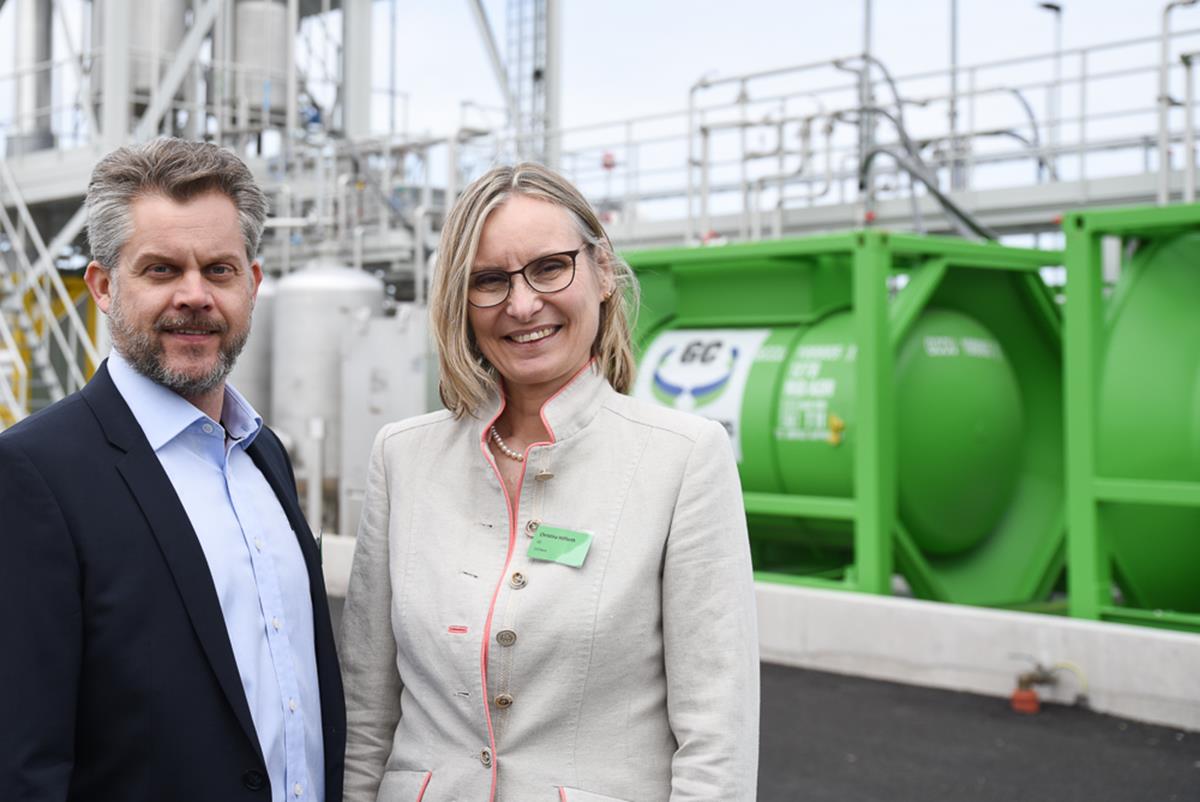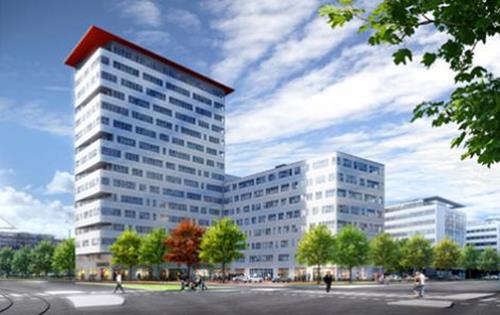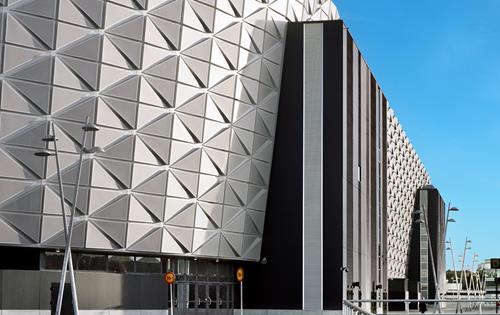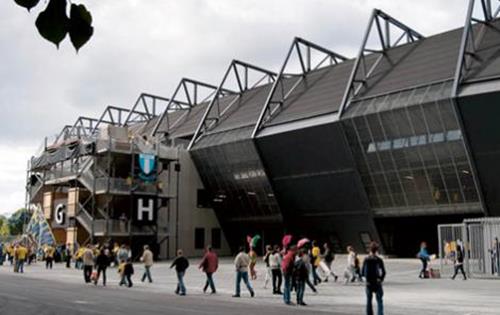CirChem
Cleantech company CirChem has developed a concept for purifying mixtures of chemical solvents and has also completed a first full-scale plant. The plant, which is unique of its kind, has been designed in collaboration with Assemblin, which has also been appointed as the turnkey contractor.
On 14 May 2019, a unique plant for purifying mixtures of chemical solvents was inaugurated. The plant, located in Vargön, Vänersborg, Sweden, was designed based on a concept developed by the cleantech company CirChem. CirChem was founded in 2013 based on a business concept of offering circular chemistry in order to benefit the climate and contribute to a sustainable future for future generations.
“By cleaning and recycling solvent mixtures that are currently incinerated in a closed process, we can reduce our customers’ carbon footprint,” says CirChem’s CEO, Christina Hillforth. At full operation under the current environmental permit, there will be an annual reduction in CO2 emissions of 10,000 tonnes.
Christina points out that this is a unique facility with no equivalent in the Nordic region.
A clear focus on sustainability
The plant consists of three main parts, a reception unit where contaminated chemical mixtures are pumped in, the production facility where mixtures are treated and separated, and a discharge section where the purified material can be used in industrial and manufacturing processes.
“It feels fantastic to have had such a key role in a project with such a clear focus on sustainability. We’re really doing something important here,” says Christoffer Ronnerhall, Branch Manager for Assemblin Industrirör, Gothenburg.
He points out that Assemblin was appointed as the turnkey contractor and was responsible for the adaptation, manufacture and installation of pipes, fittings and mountings, as well as key parts of the production facility, such as receiving vessels, expansion drums and condensers. In addition, Assemblin has developed the building’s structure, with prefabricated modules including floors, ladders and stairs.
“It has been crucial for us to have a partner for the project who adopts an innovative and solution-oriented approach and works hard to ensure sustainability and cost efficiency throughout,” says Christina Hillforth.
Repeatable
She believes that now that the treatment plant is up and running, it will serve as a blueprint for the future, with the next one following not far behind.
“We’ve built in a high degree of repeatability, which means increased efficiency and a significantly reduced lead time from order to finished plant,” explains Christoffer.
Assemblin started construction of the plant in September 2018 and in April 2019 it was ready for commissioning. In total, about 15 people from Assemblin participated in the project.
“The rapid production was possible thanks to employees and fitters who throughout the project also engaged in discussions regarding construction and alternative solutions,” says Christoffer.



